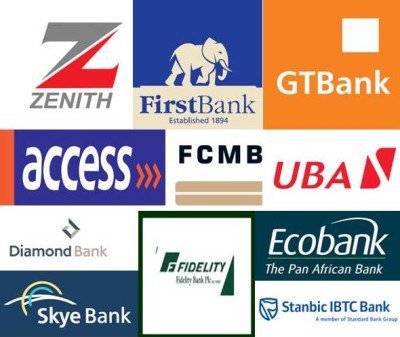Banks often don’t tell customers what they should know. This is why the customers must research to know his or her rights. Here are some secrets you should know, according to advicesavings.com:

Know the protection or insurance on your payment card
If you’re using your ATM card for debit transactions, ask your bank what kind of protection it offers if the card is stolen or lost. Thousands of naira could be pulled from your current account and, in many cases, you won’t be nearly as protected as you will be with a stolen credit card.
Beware of the universal default clause
Before you sign up for a bank-issued credit card, ask if it has a “universal default clause”also known as “the ultimate poison clause in credit cards.” If it does, run for the nearest exit. It allows the bank to look through all your credit accounts, and if it sees that you’re late paying a bill on another card, it gets to raise the interest rate on its card.
Not everyone is allowed to do a teller’s job
Yes, we know the line is long and only one teller window is open, but no, the guy in the cubicle can’t come over to help out.
Call or visit in person to resolve a problem
Filling out online forms will usually get you the by-the-book reply, but a representative will often forgive a fee over the phone so we can all just get on with our lives.
A bank has the right to pay itself back
Any fees or overdraft loans that you owe can be deducted from your next deposit. You probably don’t need to pay fees.
You can get practically any fee waived if you ask, especially if you’re a long-time customer.
Tellers routinely press you into opening new accounts.
Their jobs depend on it. Banks hire “mystery” customers who secretly test whether a teller is cross-selling services.
If the cheque bounces, you’re liable.
Postdating a cheque rarely works. With stacks of deposits to process, we look at account names, not dates.

Know the protection or insurance on your payment card
If you’re using your ATM card for debit transactions, ask your bank what kind of protection it offers if the card is stolen or lost. Thousands of naira could be pulled from your current account and, in many cases, you won’t be nearly as protected as you will be with a stolen credit card.
Beware of the universal default clause
Before you sign up for a bank-issued credit card, ask if it has a “universal default clause”also known as “the ultimate poison clause in credit cards.” If it does, run for the nearest exit. It allows the bank to look through all your credit accounts, and if it sees that you’re late paying a bill on another card, it gets to raise the interest rate on its card.
Not everyone is allowed to do a teller’s job
Yes, we know the line is long and only one teller window is open, but no, the guy in the cubicle can’t come over to help out.
Call or visit in person to resolve a problem
Filling out online forms will usually get you the by-the-book reply, but a representative will often forgive a fee over the phone so we can all just get on with our lives.
A bank has the right to pay itself back
Any fees or overdraft loans that you owe can be deducted from your next deposit. You probably don’t need to pay fees.
You can get practically any fee waived if you ask, especially if you’re a long-time customer.
Tellers routinely press you into opening new accounts.
Their jobs depend on it. Banks hire “mystery” customers who secretly test whether a teller is cross-selling services.
If the cheque bounces, you’re liable.
Postdating a cheque rarely works. With stacks of deposits to process, we look at account names, not dates.

No comments:
Post a Comment